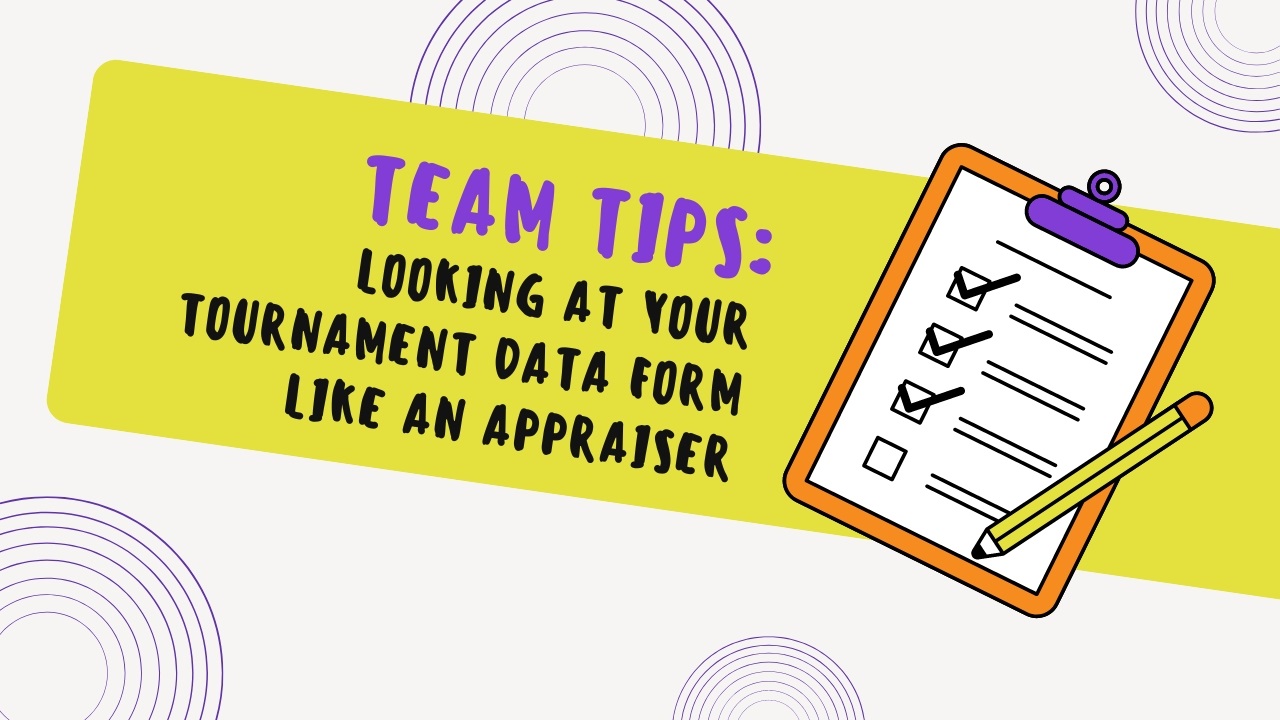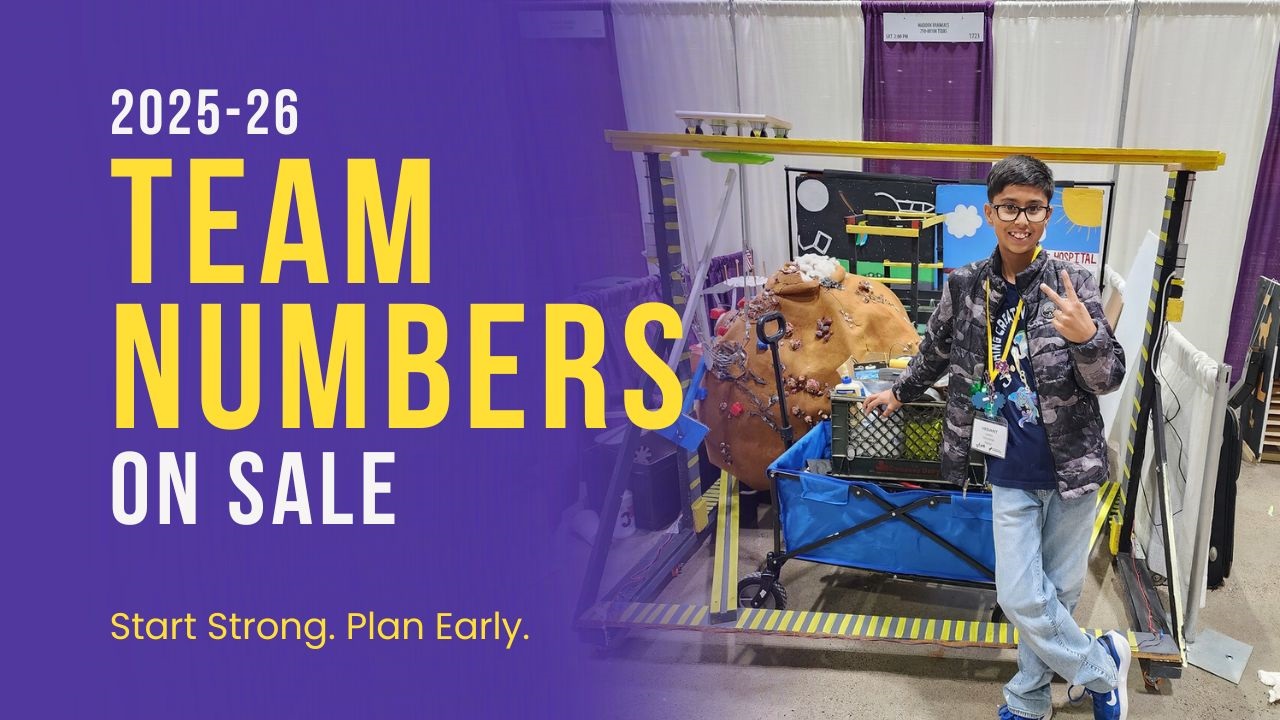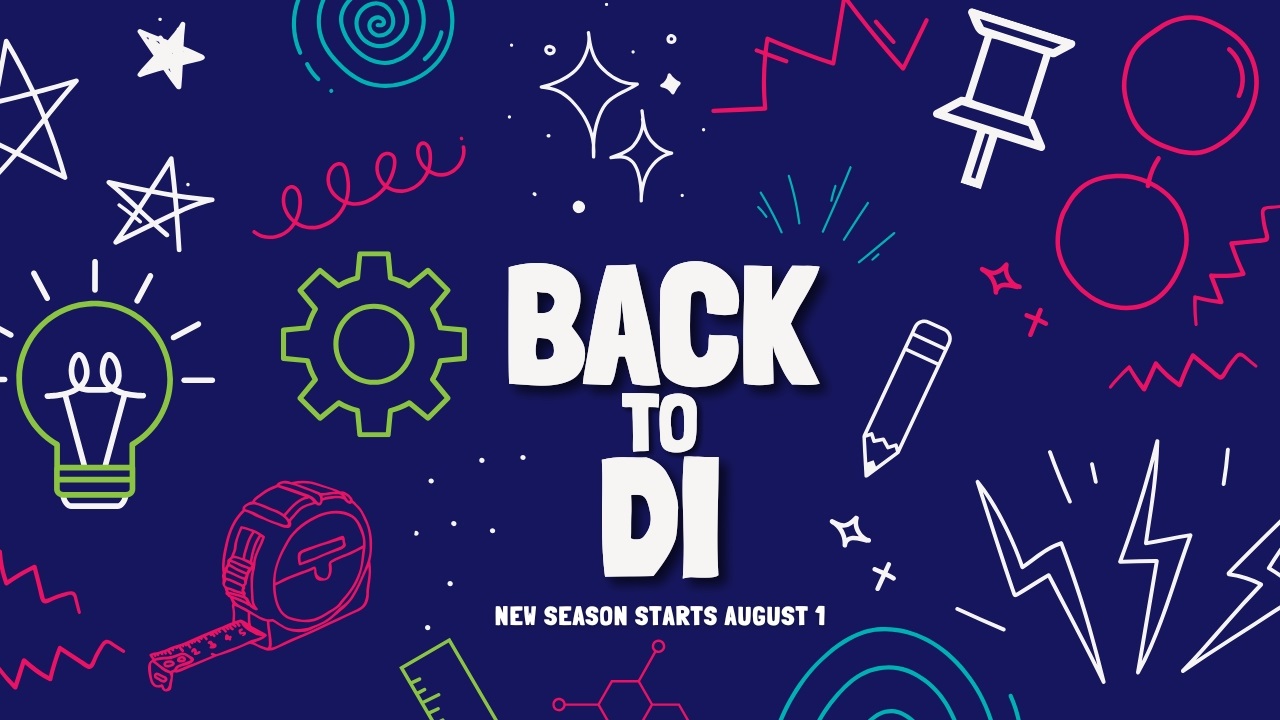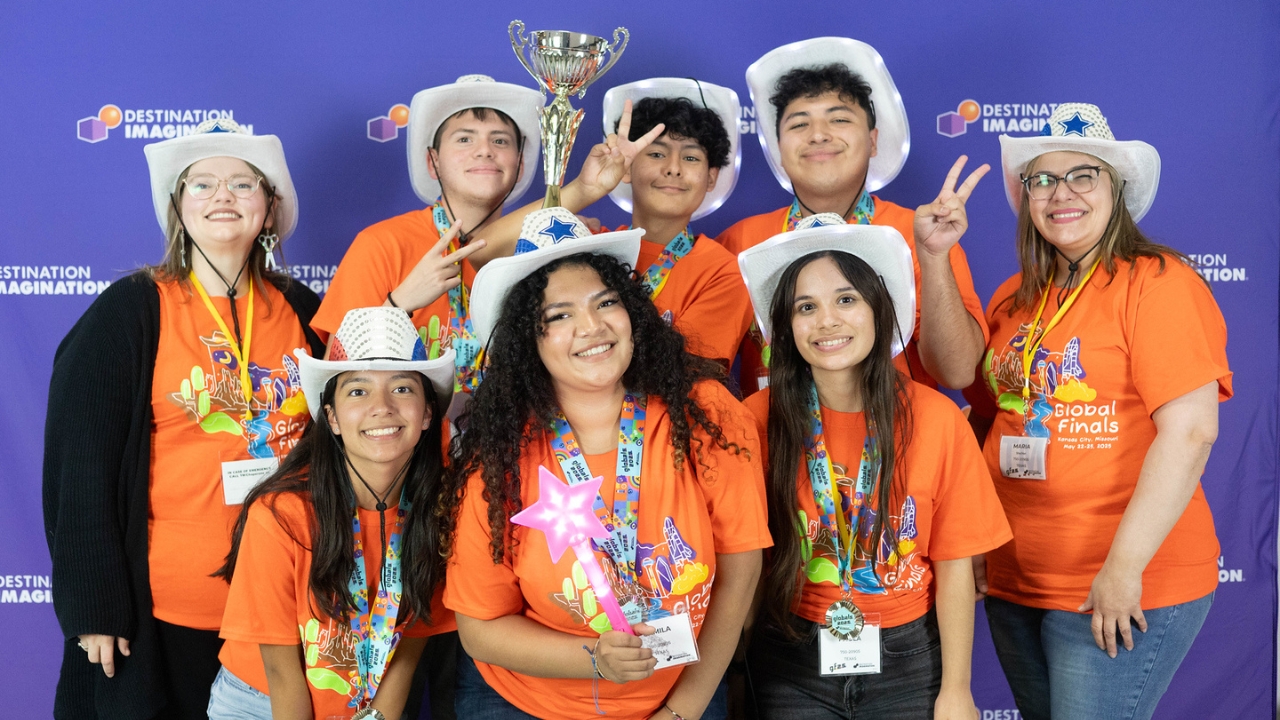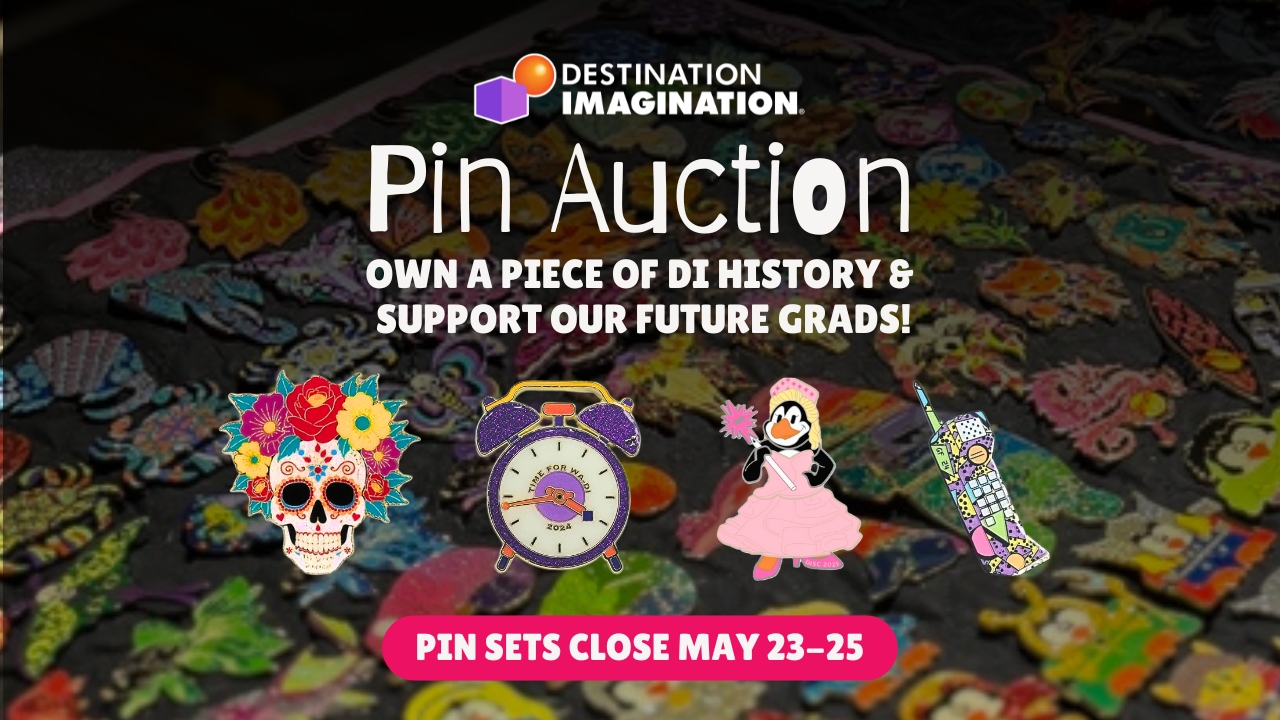It’s that time of year again – teams are busy finishing their final details in preparation for their Regional or Affiliate Tournaments. Between adding those final lines and last costume stitches, you may have that nagging feeling that you forgot something important… Did you leave your Tournament Data Form (TDF) to the last minute? If so, there’s still time! But before your rush to get it done, let me let you in on a little secret – your TDF is your most important document to communicate with your Appraisers about what your team feels is important about your Challenge solution and it’s crucial that your team members take the time to write and explain yourselves well.
Sometimes we are so familiar with our solution and our lines that we forget that others are not familiar with them. Just as it is important to speak clearly and project your voice so the audience can hear you, it is equally important to fully explain your thinking when preparing your solution. This is part of the reason you should take time to reflect on your creative process (the last page of your TDF). It is necessary to think about each component of the solution from the standpoint of an outsider and explain all the little details that went into coming to that solution. I am willing to bet there was a very big story behind each piece you included to put on that stage, so don’t sell yourself short by not giving the whole story!
The Tournament Data Form is the only way for the Appraisers to know ahead of time what is special and important about YOUR process and solution. This is especially important for understanding Team Choice Elements. Try to put yourselves in the Appraiser’s shoes. If you were about to watch a Presentation and you want to know where to give points for the creativity of a Team Choice Element, for example, it would be hard to know what you were looking for or why it was creative when all you have to go on is “song about spaghetti.” What is important about this song? Did you write it? Was it a big collaborative effort of the team? Was there a funny story behind it? Did you study something in school that you inspired you to write this song? What are the lyrics? Who takes part and how does it contribute to the story? How did your process begin with this song? How did it end? We as team members know all this information, but it is NOT obvious to Appraisers unless you write it out in detail for them. And believe me, they WANT to know!
When filling out your TDF, remember that the majority of the questions focus on scored components. As someone who has never seen your Presentation before, there is a big difference between a description like “rolling scenery of castle” and “We made the scenery of the castle ourselves using wood we found in my garage. We painted it ourselves and learned to use the drill so we could screw the wheels on the bottom. The art designer was our team member, Sarah.” Three short sentences but TONS of information! Appraisers want to know what to look for and why it is important so they can understand your process in that fleeting moment of 8 minutes or less, and give you as many points as possible. For each component you describe, try to keep in mind and answer questions like these:
- Who did it?
- What did you do?
- What materials did you use? Why?
- How did you do it?
- Why did you do it that way?
- Why does it matter?
- Was it easy or hard, why?
- Why is it cool?
- What did you learn?
This helps the Appraisers know what you think is important so they can give it the same measure of value that you do and be able to give an informed score for your Challenge. As teams, we want to have clear communication in different skills, both verbal and written. Be as exciting and informative on your TDFs as you are on stage and get the story out about why your solution is amazing! The Appraisers will surely appreciate it!
About the Author: Alison Elizabeth Gould Manoel is the Affiliate Training Director for Destination Imagination Brazil and Co-Regional Director for DI Brazil Bahia, as well as a member of the DI Brazil Board of Directors. She runs an extensive program at the Pan American School of Bahia in Brazil that includes DI learning days for all students and a DI parent education program. You can connect with her and the DI Brazil community through their website www.dibrazil.org.
